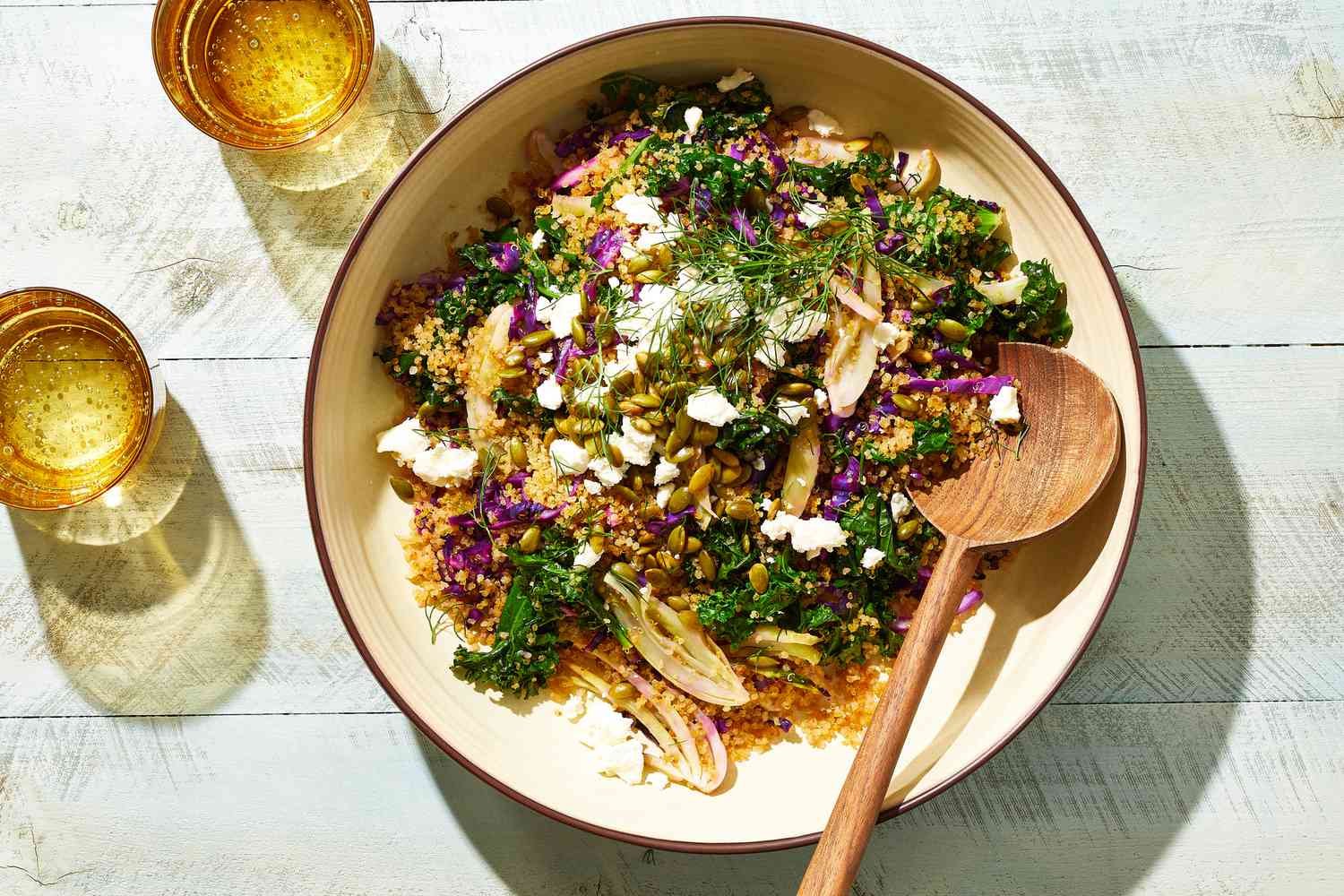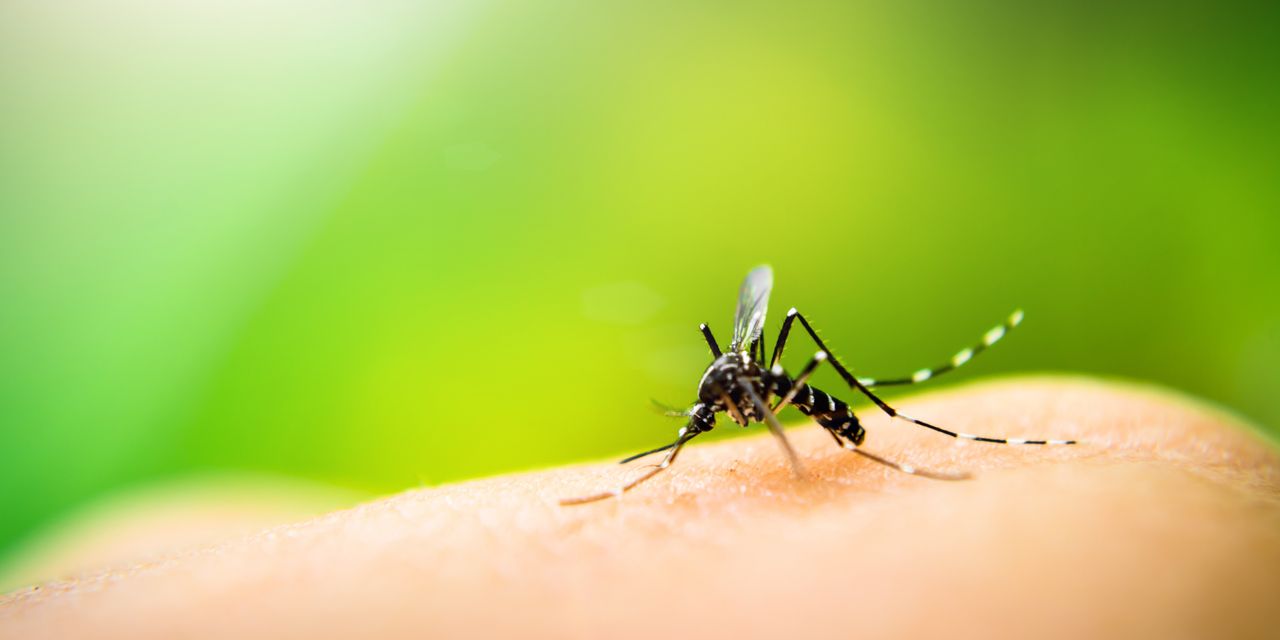Blog
7 Proteins to Eat to Help Lower Your Blood Pressure

- Eating a variety of protein sources can support heart health and help manage blood pressure.
- Both animal and plant proteins offer unique nutrients that benefit cardiovascular function.
- Potassium-rich protein foods, like fish and legumes, can counteract sodium’s effects on blood pressure.
If you’re one of the millions of Americans living with high blood pressure (hypertension), you might already be focusing on cutting back on sodium and limiting saturated fat. But one nutrient you may not give much thought to (but should!) is protein. We’re talking about quality protein at each meal and snack.
To improve your heart health, here are seven high-protein foods to add to your grocery list.
Photographer: Brie Goldman Food Stylist: Annie Probst Prop Stylist: Gabe Greco
1. Fish
Whatever type of fish you like, from salmon to halibut, this is a great protein to include a few times per week. Fish contains quality animal protein, but it’s also high in potassium. Potassium is one of the most important nutrients you can ingest if you’re looking to lower your blood pressure. Potassium calms the tension in your blood vessels and counteracts the effects of too much sodium.
2. Eggs
Eggs are both versatile and a high-quality source of protein that provide all the essential amino acids your body needs. Whole eggs are also packed with vitamin A, selenium and several B vitamins. They also contain the antioxidants lutein and zeaxanthin—best known for supporting eye health, but also linked to a lower risk of hypertension.
3. Nuts and Seeds
Take some time to enjoy walnuts, pecans, cashews, almonds, sunflower seeds, pumpkin seeds and more. Not only do nuts and seeds contain good-quality protein, vitamins and minerals, they also have antioxidants that may promote overall heart health. Sprinkle nuts and seeds onto salads for extra crunch and nutrients. You can also toss them into yogurt, oatmeal or grain bowls for a protein and healthy fat boost
4. Sirloin Steak
Beef is packed with high-quality protein and heme iron, which the body absorbs more easily than iron from plants. It’s also a good source of vitamin B12, magnesium, folate and phosphorus, with a 4-ounce serving of lean sirloin steak providing 22 grams of protein. While one may not normally think of red meat as being good for heart health, research suggests that lean cuts like sirloin can fit into a Mediterranean-style diet without negatively affecting vascular function.
5. Quinoa
Quinoa is a complete protein source, which means it provides all nine essential amino acids, plus folate, a B vitamin that plays a part in breaking down harmful substances in the body that are associated with cardiovascular disease. Laboratory and animal research shows that certain proteins in quinoa may help lower blood pressure by relaxing blood vessels, blocking ACE (an enzyme that raises blood pressure) and even improving gut health. More research on people is needed to know if quinoa can have the same effects in real life.
6. Poultry
Poultry is a great source of protein. Like all animal foods, it contains all nine essential amino acids that we need to repair body tissues. Poultry is especially rich in an amino acid called L-arginine, which is known to lower blood pressure. When you eat foods with L-arginine, like chicken or turkey, your body converts it into nitric oxide, which relaxes your blood vessels. This helps your blood flow slow down a little, improving blood pressure.
7. Legumes
If you’re looking for plant-based protein, there are plenty of legumes that deliver this important nutrient. Legumes include peas and all kinds of beans, such as pinto, black and chickpeas, as well as lentils and soy. Lentils are small, lens-shaped legumes that come in a variety of colors, including green, red and black. Legumes are also high in potassium, which may help support healthy blood flow. Plus, they’re packed with heart-healthy fiber—another nutrient many of us don’t get enough of—making them a smart addition to a balanced diet.
Why Protein Matters
Making sure you include a good range of protein foods in your meals can help you improve your heart health. One study looked at over 12,000 participants and found that those who ate at least four different types of protein each week—from a variety of animal and plant sources, such as eggs, meat, whole grains and legumes—were 66% less likely to develop high blood pressure.
Protein is important because when it’s digested, it breaks down into amino acids in your body. You need amino acids to repair body tissues, grow and function properly. Your body can make some amino acids, but others are considered essential, meaning you have to get them from protein-containing foods.
Recipes for Healthy Blood Pressure to Try
Our Expert Take
Including a mix of high-quality protein sources—from fish and poultry to legumes and whole grains—can be a simple yet powerful way to support heart health and help manage blood pressure. Many of these foods also deliver important nutrients like potassium, fiber and healthy fats, which work together to protect your cardiovascular system. By adding a variety of protein-rich foods to your meals each week, you can give your body the building blocks it needs for strength, repair and long-term wellness.
EatingWell.com, November 2023












